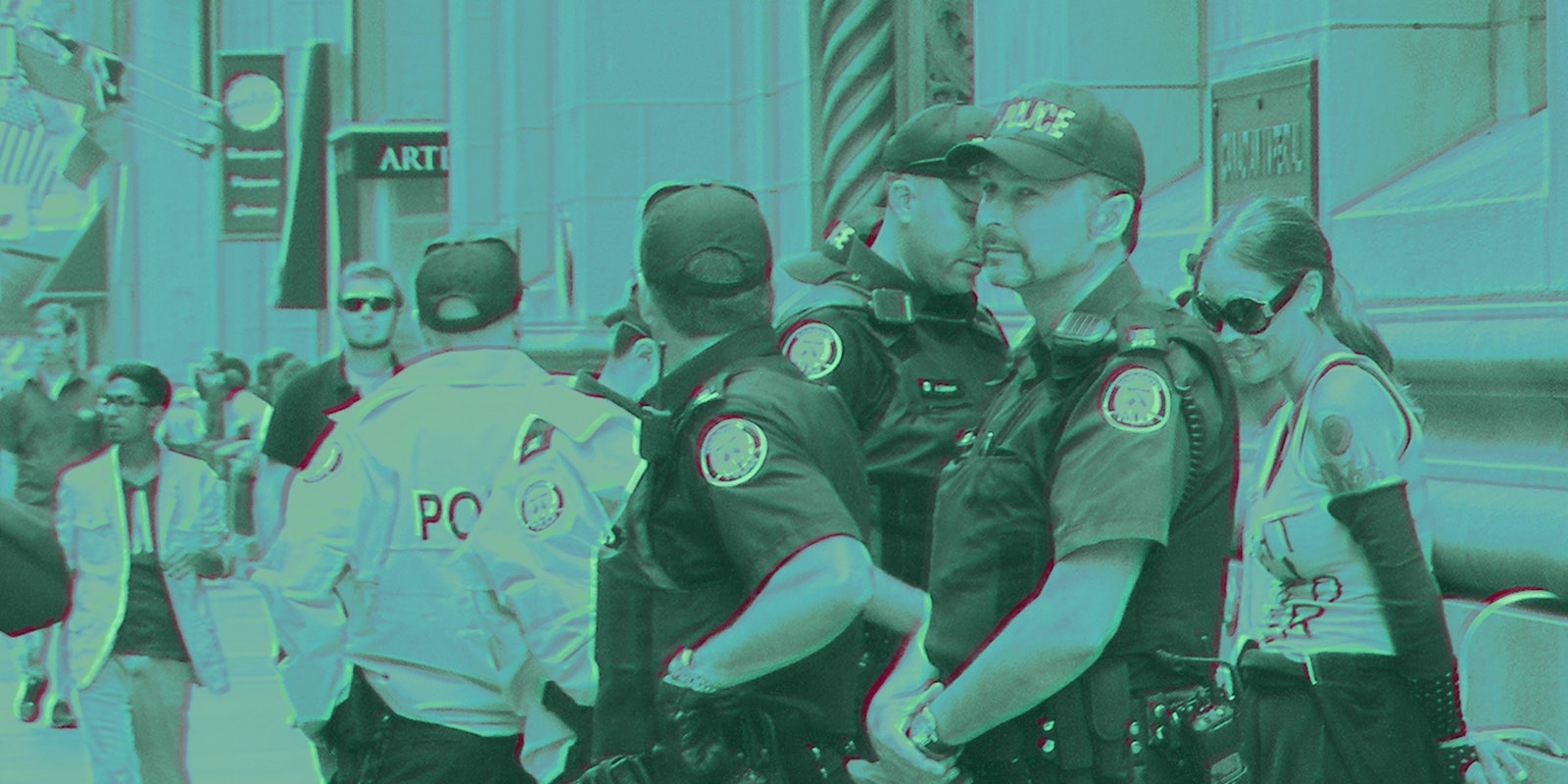The Baltimore police department has used controversial “Stingrays,” which track people’s cell phones, far more than it previously reported, an officer has testified.
Detective Michael Dressel testified in court Monday that BPD had used Stingrays with a court order more than a whopping 25,000 times, the Baltimore Sun has reported. Less than two weeks before, Detective Emmanuel Cabreja had testified that his department had used one around 4,300 times in the past eight years.
Dressel said his larger number wasn’t a deliberate attempt to contradict Cabreja’s testimony, but rather was a reflection of a better way of documenting BPD’s use of the device.
Also referred to as IMSI catchers, Stingrays are machines that can track nearby cellphones by imitating a phone tower. Civil liberties and privacy advocates are extremely critical of the practice of law enforcement having the ability to keep a dragnet of people’s locations, but hard evidence of their use is still scant, and has mostly come in recent months.
That’s unsurprising, given that law enforcement departments are usually forced to sign nondisclosure agreements. Even the FBI only recently, reluctantly, and opaquely admitted to using them.
Before Cabreja’s testimony, the BPD had, like a number of departments, dropped crucial evidence to a case instead of bringing up evidence of Stingray use in trial.
Photo via femmemomma/Flickr (CC BY 2.0) | Remix by Max Fleishman


